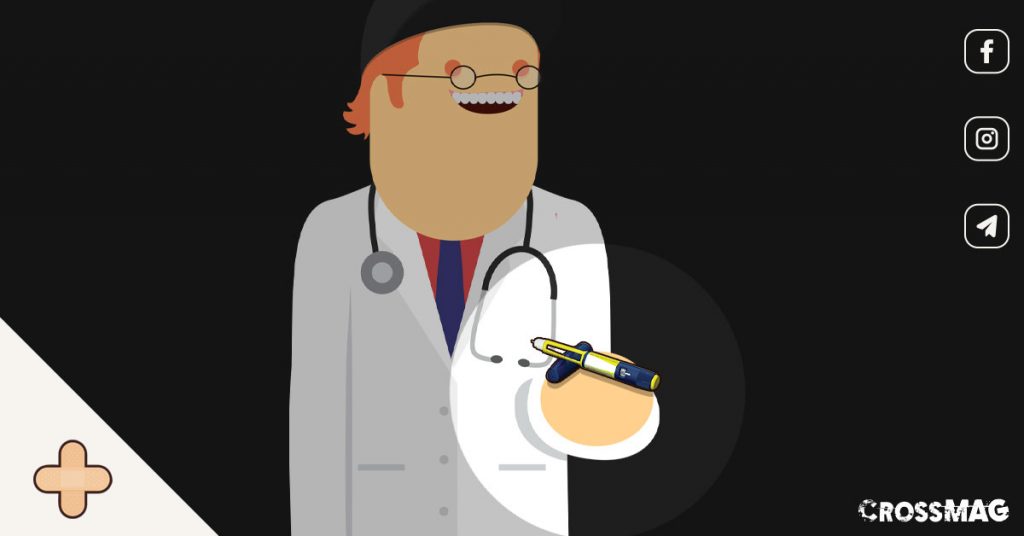Insulin it's a hormone produced in the pancreas, a gland located behind the stomach. It allows the body to use the glucose to produce energy; glucose is a type of cup sugar present in many carbohydrates.
Index
INSULIN AND GLUCOSE
After a meal or one , snack, the digestive tract breaks down i carbohydrates and transforms them into glucose; glucose is then absorbed into the bloodstream through the lining in the small intestine.
Once the glucose is in the bloodstream, insulin causes cells throughout the body to absorb the sugar and use it for energy. Insulin also helps balance blood glucose levels; when there is too much, it signals the body to store the excess in the liver, and then release it when levels have dropped.
DIABETES
Diabetes occurs when the body is not using insulin properly or does not produce enough; there are two main types of diabetes: type 1 diabetes and type 2 diabetes.
Type 1 diabetes is an autoimmune disease in which the body does not produce insulin because the immune system destroys all the producing cells; in type 2 diabetes, however, the body has become resistant to the effects of insulin and needs more doses to achieve the same effects, thus producing more to maintain normal blood glucose levels.
However, after years of over-production, the producing cells burn out.
TAKING INSULIN
Our types of insulin taken have the same effect: they mimic the natural increases and decreases in insulin levels in the body; the composition of the different types of insulin affects the speed and duration of operation.
- Fast acting insulin: it works after 15 minutes of taking and the effects last from 3 to 4 hours
- Short-acting insulin: it is injected before meals; it starts working 30/60 minutes later and the effect lasts from 5 to 8 hours
- Intermediate-acting insulin: starts working 2 hours after taking and its effects last up to 16 hours
- Long-acting insulin: it starts working after 2/3 hours and its effects last up to 24 hours
ADMINISTRATION AND DOSAGE
Insulin cannot be taken orally; it must be injected with a syringe, an infusion pen or an insulin pump.
The type of insulin injection depends on your preferences, health needs and insurance coverage. Insulin can be injected under the skin in different parts of the body: thighs, buttocks, upper limbs, abdomen.
It is necessary vary the position of the injections to prevent skin thickening from causing malabsorption problems.
Insulin dosage varies from person to person based on blood glucose levels, diet, physical activity, and the severity of diabetes.
REACTIONS TO INSULIN
When taking insulin, it can occur hypoglycemiatoo low blood glucose levels; this reaction is called "insulin reaction". The symptoms are:
- inability to speak
- fatigue
- sweating
- confusion
- loss of consciousness
- convulsions
- muscle contractions
To stop the effects of an insulin reaction, it is always good to have it with you 15 grams of fast-acting carbohydrates and a special pen called a glucagon pen, which can help resolve this reaction.
IN CONCLUSION
If used in appropriately (under medical prescription, please!), insulin helps maintain the glucose level within a healthy range; Normal glucose levels help reduce the risk of diabetes complications such as blindness and loss of limbs.
Is very important constantly monitor the level of glucose if you have diabetes. It is also necessary to make lifestyle changes to prevent the glucose level from becoming too high.
Have you ever taken insulin? Let us know in the comments and remember to follow us also on our Telegram channel
SUBSCRIBE HERE TO THE TELEGRAM CHANNEL

